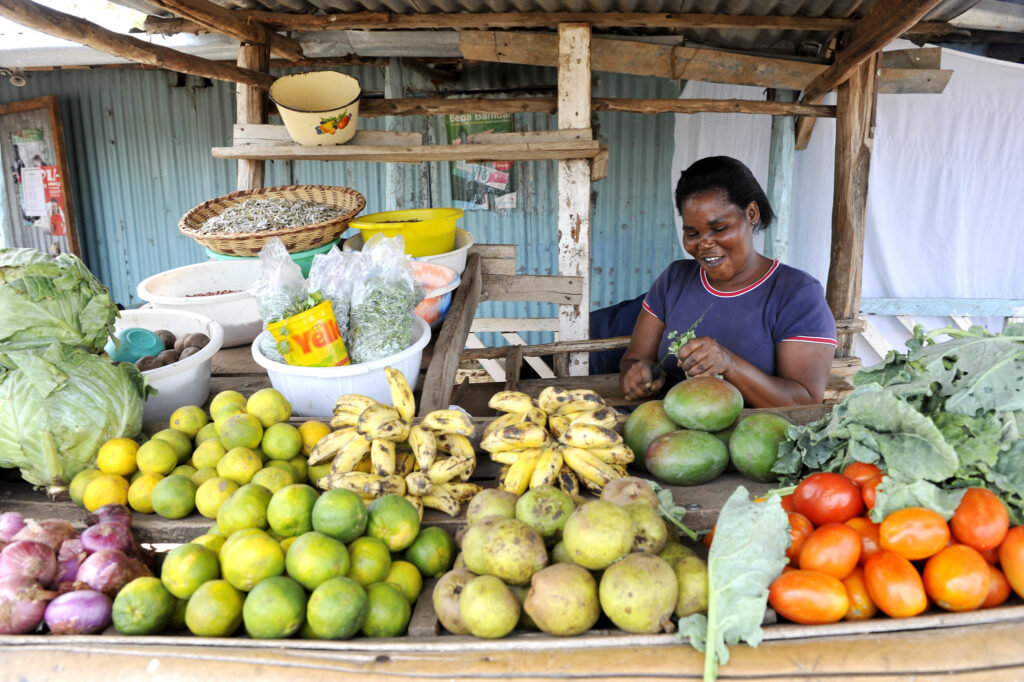IDB: Better job searches could help improve labour market function in LAC
BRIDGETOWN, BARBADOS — The ways informal jobs in the Caribbean and Latin America continue to leave the region’s most vulnerable workers at risk was once again highlighted in a recent Inter-American Development Bank (IDB).
LAC has a high percentage of informal jobs.
The topic has been the focus of several international organizations over the past few months and especially as the region continues to recover from the impact of the COVID-19 pandemic, which economically crippled many of the region’s tourism-dependent nations.
Latin America and the Caribbean have been known to struggle with high levels of job informality, with informal jobs being those such as roadside vendors, hair braiders, beach vendors and the like.
Historically, LAC residents have taken up informal jobs to “hustle” and earn a living without going through formal routes that might require certification, formal education and other restrictions.
Further, in tourism-dependent countries, many informal workers were able to rely on near-endless crowds of visitors to sell their services or wares to receive an income no matter the economic challenges or tight labour market conditions their respective home country may have been enduring at the time.
Informal jobs in the Caribbean suffered the most during COVID
In its most recent report, the IDB noted, “Employment fell by 14 percent on average at the beginning of the pandemic, and unlike the past when informality acted as a buffer, informal activity shrunk more than formal employment due to lockdowns and other containment measures…
Better job searches can help improve labour market functioning, according to the IDB.
“Contrary to the experience in previous economic crises, during the COVID-19 pandemic, informal employment did not serve as a cushion for households and actually fell more than formal employment.”
Further, “During the recovery, formal employment has also recovered faster than the informal sector.”
These findings underscored the importance of a message organizations like the IDB have been repeating in recent times: Caribbean governing bodies must take action to help curb the high instances of job informality, which leave residents at increased risk of external shocks that can lead to poverty.
To this end, the IDB recommended, “Policies to improve the functioning of labour markets are also needed. Reducing incentives for informality are crucial.”
It acknowledged that “there is no unique set of interventions; each country must define the best combination of policies for its own reality”.
However, it nonetheless recommended steps like “incentives to find better job searches”, such as the digital talent acquisition and job placement services offered by Caribbean Employment Services Inc. and similar businesses.
Find the latest jobs in the Caribbean via Caribbean Employment Services Inc.
References:
Inter-American Development Bank report, “Preparing the Macroeconomic Terrain for Renewed Growth”
